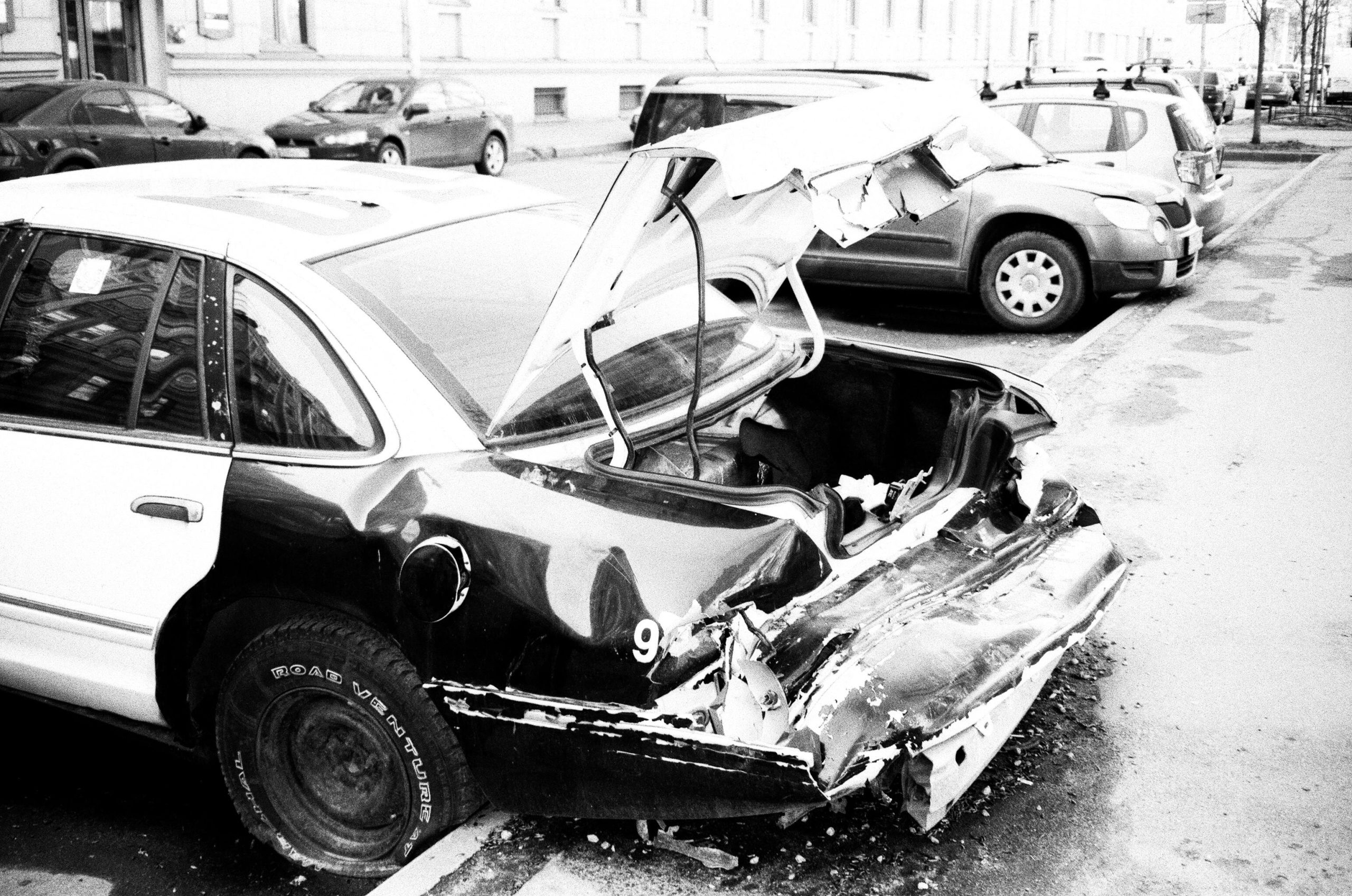 In a significant development for medical malpractice litigation in Louisiana, the Fourth Circuit Court of Appeal recently reversed a summary judgment, underscoring the importance of thorough fact-finding and the potential need for expert testimony in such cases. The case, Diana Deruise-Pierce v. University Healthcare System, L.C., et al., underscores the necessity of thorough fact-finding and the potential need for expert testimony in medical malpractice cases, even when negligence appears evident.
In a significant development for medical malpractice litigation in Louisiana, the Fourth Circuit Court of Appeal recently reversed a summary judgment, underscoring the importance of thorough fact-finding and the potential need for expert testimony in such cases. The case, Diana Deruise-Pierce v. University Healthcare System, L.C., et al., underscores the necessity of thorough fact-finding and the potential need for expert testimony in medical malpractice cases, even when negligence appears evident.
Case Overview:
The lawsuit stemmed from the treatment rendered to Mr. Pierce at University Medical Center in New Orleans. Mr. Pierce was admitted for a medical procedure, but his condition deteriorated overnight. Despite this, the medical team proceeded with the planned procedure.
 Insurance Dispute Lawyer Blog
Insurance Dispute Lawyer Blog


 In a recent decision, the
In a recent decision, the  A recent ruling by the
A recent ruling by the  A recent ruling by the Louisiana Court of Appeal has shed light on the complexities of prescription (the state’s equivalent of a statute of limitations) and the concept of joint tortfeasors in wrongful death cases. The case, Crocker v. Baton Rouge General Medical Center, involved a tragic incident where a mentally impaired man, Jerry Sheppard, died after an altercation following his discharge from the hospital.
A recent ruling by the Louisiana Court of Appeal has shed light on the complexities of prescription (the state’s equivalent of a statute of limitations) and the concept of joint tortfeasors in wrongful death cases. The case, Crocker v. Baton Rouge General Medical Center, involved a tragic incident where a mentally impaired man, Jerry Sheppard, died after an altercation following his discharge from the hospital. A recent ruling by the
A recent ruling by the  In a recent case, the
In a recent case, the  In the realm of workers’ compensation, the interplay between physical injuries and mental health can be complex. A recent Louisiana Court of Appeal decision highlights the challenges faced by workers seeking compensation for mental health conditions arising from workplace injuries. The case involved a police officer who developed psychological issues after a back injury, and the court’s ruling underscores the high standard of proof required for such claims.
In the realm of workers’ compensation, the interplay between physical injuries and mental health can be complex. A recent Louisiana Court of Appeal decision highlights the challenges faced by workers seeking compensation for mental health conditions arising from workplace injuries. The case involved a police officer who developed psychological issues after a back injury, and the court’s ruling underscores the high standard of proof required for such claims. We’ve all heard the phrase “slip and fall,” often in a comedic context. However, slip-and-fall accidents can result in severe injuries and legal battles. The recent Louisiana Court of Appeal case of Barton v. Walmart highlights the complexities of such cases and what it takes to prove a merchant’s liability.
We’ve all heard the phrase “slip and fall,” often in a comedic context. However, slip-and-fall accidents can result in severe injuries and legal battles. The recent Louisiana Court of Appeal case of Barton v. Walmart highlights the complexities of such cases and what it takes to prove a merchant’s liability. A recent Louisiana Court of Appeal decision has underscored the significance of expert testimony in medical malpractice cases. The case, Mariakis v.
A recent Louisiana Court of Appeal decision has underscored the significance of expert testimony in medical malpractice cases. The case, Mariakis v. A recent
A recent